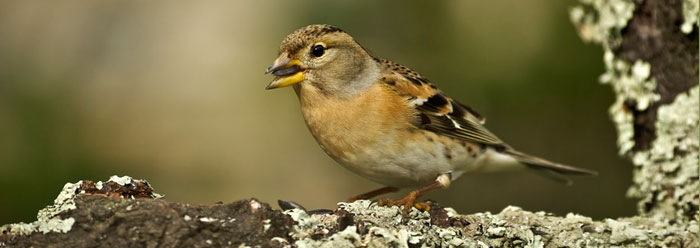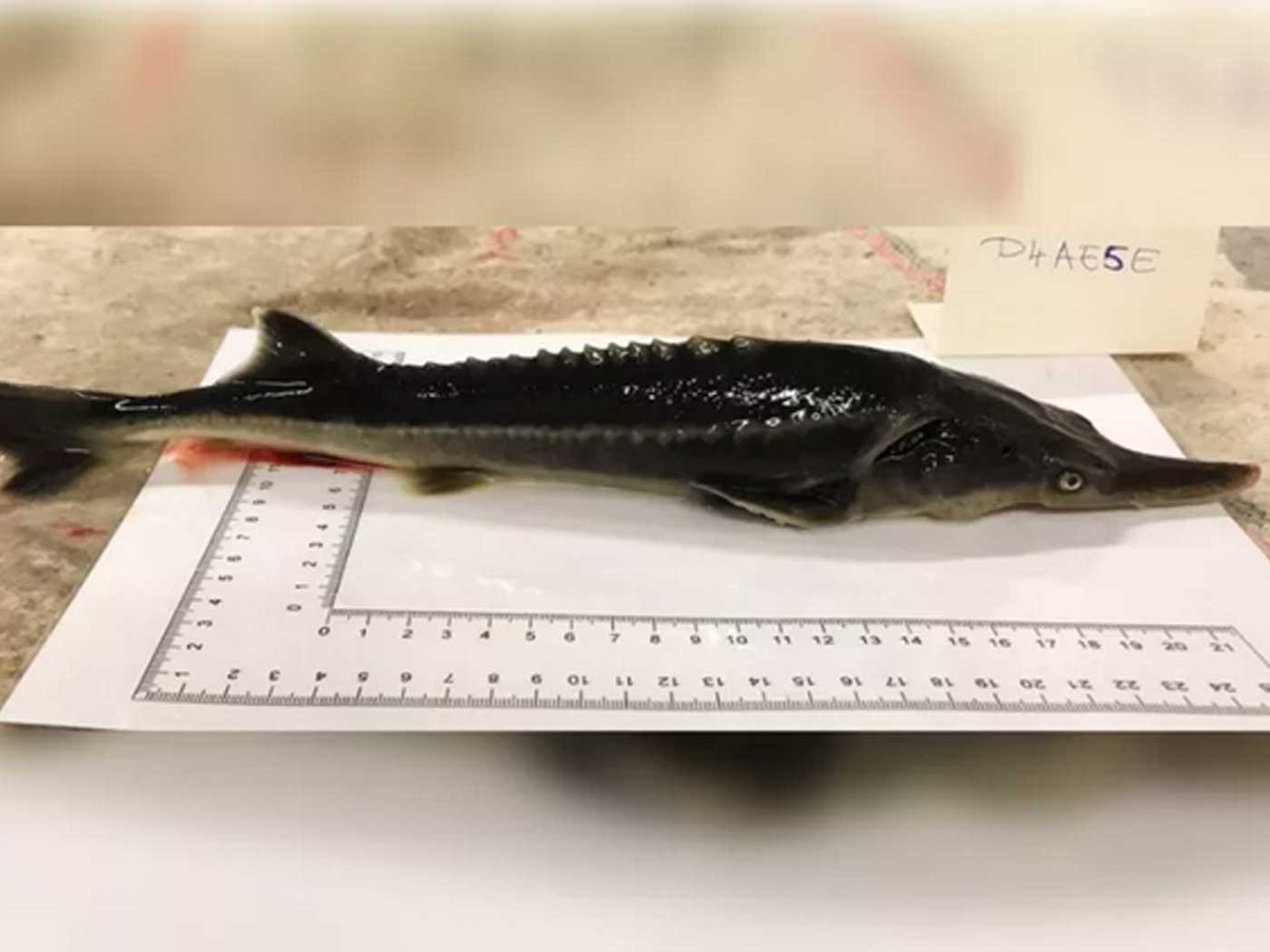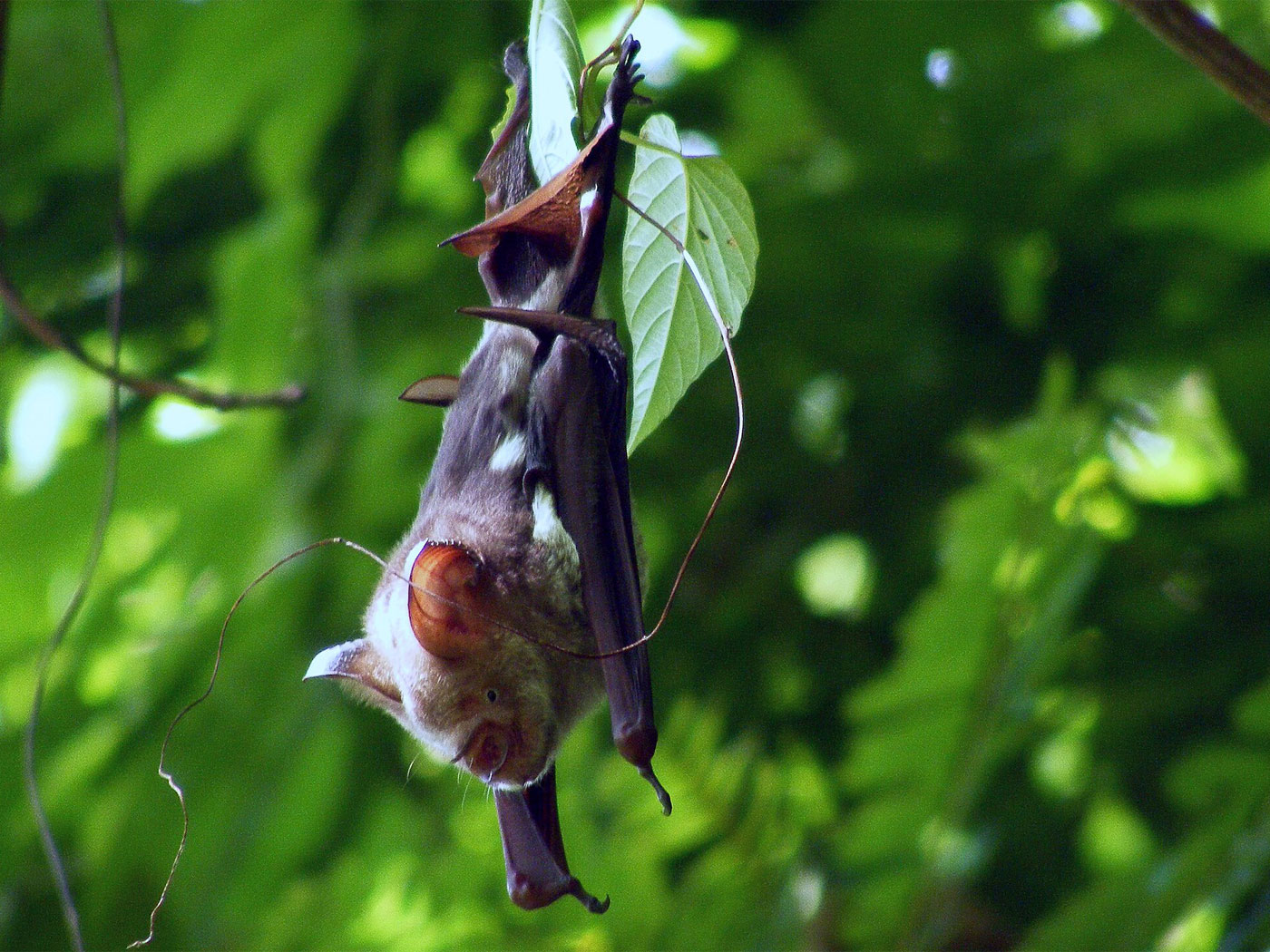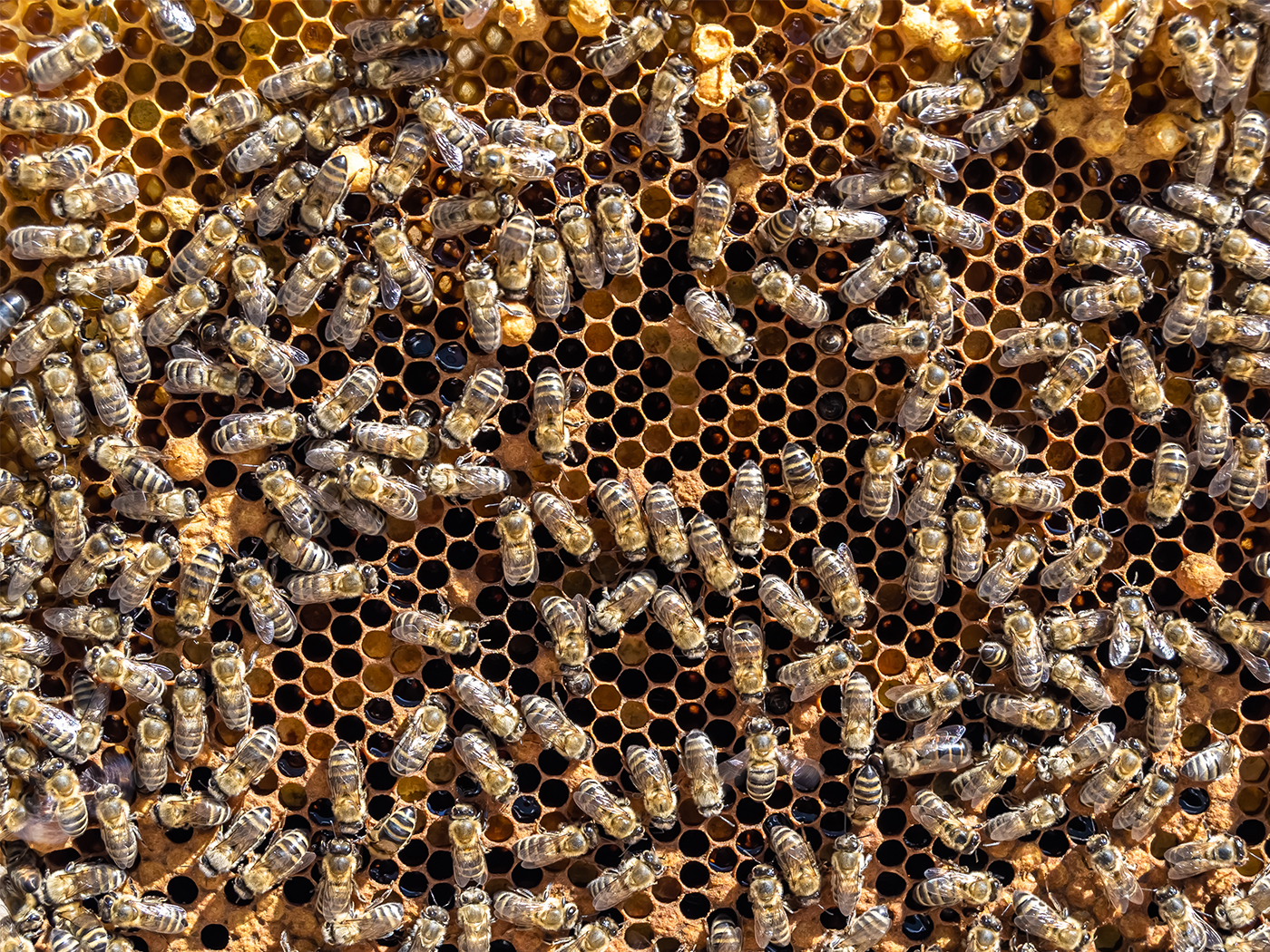Biologists recently found that feather colors and songs vary among some species within the South American genus Sporophila, also known as seedeater birds. But strangely, they did not find any genetic differences in the form of species-specific DNA markers. Do these variations fit any evolutionary pattern?
The researchers published their species comparisons in the Proceedings of the Royal Society B. In their report, they wrote, "Taken together, we suggest that this is a compelling example of an extremely rapid, recent and ongoing continental radiation, with species diverging in male plumage [feather] coloration patterns and song."1
The terms "radiation" and "diverging" are routinely used to describe the supposedly slow and gradual Darwinian changes between animal kinds, like the radiation of dinosaurs that supposedly diverged into birds. The only divergence the researchers actually observed, however, occurred strictly within the seedeater bird population, which makes sense if the birds were created with the potential to fit and fill new environments.2
The study authors tried to explain why so many physical differences could be expressed without the expected underlying genetic differences. They suggested that the birds changed so fast and so recently that the genes have not yet had time to catch up.
But that's like saying that a batch of cupcakes acquired sprinkles before its recipe had a chance to "catch up" with the cupcakes and specify sprinkles! Whether in the obvious written recipe or the less obvious recipe modifications in the mind of the baker, the end product is a result of prior planning.
These authors' unscientific explanation seems to ignore the fact that trait differences are generated from within the organism. No external force in nature reaches into a bird's egg, passes through the shell and yolk, and adds new feather colors or new brain cell connection patterns that would enable new bird songs.
DNA research has overwhelmingly confirmed that hard-to-mark DNA sequences alter traits by specifying the amounts and timing of cell types and proteins deployed during embryonic and later development.3 Unlike the unobserved and imaginary forces invoked by evolution, observed cellular processes more reasonably account for the rapidly changing trait variations found in seedeater birds. This is supported by 2009 genetics studies of the rapid diversification of the "white-eyes" bird family.4
Lead author of the seedeater study and graduate biology student Leonardo Campagna said in a Queen's University press release, "One of Darwin's accomplishments was to show that species could change, that they were not the unaltered, immutable products of creation."5
But nowhere does the Bible say that species cannot change! Instead, it seems that they would have to change—within the limits of their own interbreeding kind—in order to fulfill God's command in Genesis 1 for His living creatures to fill the earth and its many changing environments.
Darwin insisted that animals slowly change between kinds. In contrast, seedeater birds have shown that they rapidly changed within their kind. Despite Campagna's touting of Darwin's "accomplishments," these birds display programmed variation, not evolution.
References
- Campagna, L. et al. Rapid phenotypic evolution during incipient speciation in a continental avian radiation. Proceedings of the Royal Society B. Published online before print November 30, 2011.
- Guliuzza, R. 2010. Natural Selection Is Not "Nature's Intelligence." Acts & Facts. 39 (5): 10-11.
- See, for example, von Sternberg, R. and J. A. Shapiro. 2005. How repeated retroelements format genome function. Cytogenetic and Genome Research. 110 (1-4): 108-116.
- Moyle, R. G. et al. 2009. Explosive Pleistocene diversification and hemispheric expansion of a "great speciator." Proceedings of the National Academy of Sciences. 106 (6): 1863-1868.
- Study shows species can change. Queen's University news release, December 8, 2011.
* Mr. Thomas is Science Writer at the Institute for Creation Research.
Article posted on December 21, 2011.

























